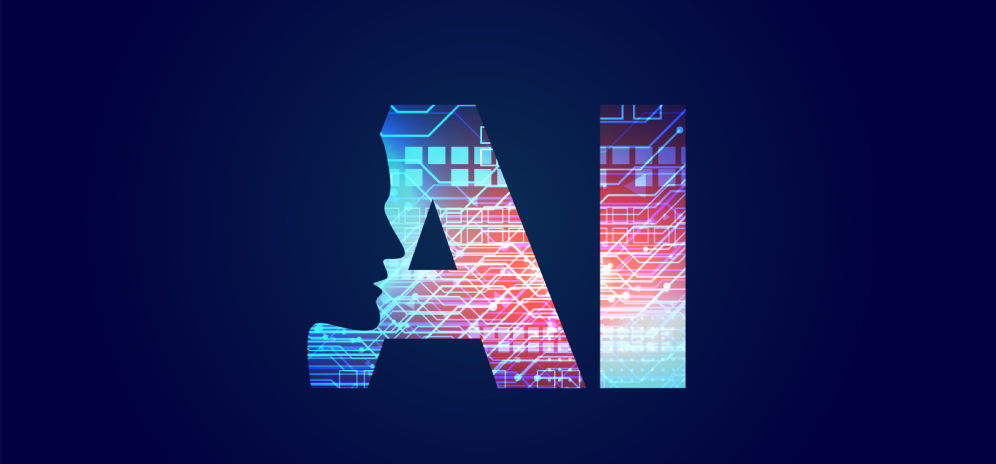
In recent years, the world has witnessed a significant breakthrough in the field of artificial intelligence (AI) known as generative AI. This cutting-edge technology has opened up new avenues for creativity, pushing the boundaries of what machines can achieve. Generative AI is revolutionizing the creation of art, music, and literature, enabling machines to produce original and captivating works. In this blog post, we will delve into the rise of generative AI and explore how it is reshaping the artistic landscape.
The Power of Generative AI:
Generative AI, a subset of AI, focuses on creating new content rather than analyzing existing data. It employs techniques such as deep learning, neural networks, and machine learning to generate original pieces of art, music, and literature. By analyzing vast amounts of data, including paintings, compositions, and literary works, generative AI algorithms learn patterns and styles, enabling them to create unique and coherent outputs.
Creating Art with Generative AI:
Generative AI has empowered artists and creatives to explore new horizons in artistic expression. From paintings to digital art and even sculptures, AI algorithms can generate visually stunning and thought-provoking pieces. Artists can input specific styles or themes, and the AI system will generate art that aligns with those parameters. This collaboration between human creativity and machine intelligence has given birth to fascinating pieces that challenge our perception of art.
Generating Music that Inspires:
The field of music has experienced a significant transformation with generative AI. Composers and musicians can now leverage AI algorithms to compose melodies, harmonies, and even entire pieces of music. By training on vast music libraries and understanding the nuances of different genres and eras, generative AI can create original compositions that evoke emotions and captivate listeners. This technology has the potential to assist musicians in overcoming creative blocks and exploring uncharted musical territories.
The Written Word: Literature and Language:
Generative AI is also making waves in the realm of literature and language. AI algorithms can generate coherent and engaging pieces of writing, ranging from short stories and poems to news articles and even novels. Writers can collaborate with AI to brainstorm ideas, overcome writer’s block, or even create entire narratives. This fusion of human imagination and machine learning is expanding the possibilities of storytelling and challenging our understanding of authorship.
The Intersection of Human and Machine:
Critics of generative AI argue that it threatens the authenticity and creativity of human artistry. However, proponents argue that these technologies are tools that enhance human creativity rather than replace it. Generative AI serves as a collaborator, providing new perspectives, ideas, and inspiration that humans can build upon. Ultimately, the creative process remains a symbiotic relationship between the artist and the machine, where human intentionality and interpretation play a vital role.
Ethical Considerations and Future Implications:
The rise of generative AI brings forth ethical considerations. Questions arise regarding intellectual property rights, plagiarism, and the role of AI in creative industries. Striking the right balance between human creativity and machine assistance is crucial for preserving artistic integrity. Furthermore, as generative AI becomes more advanced, the question of AI-generated art gaining recognition and appreciation from human audiences becomes relevant.
Conclusion:
GenAI is revolutionizing the creation of art, music, and literature, providing new avenues for creativity and pushing the boundaries of human expression. Artists, musicians, and writers are embracing this technology to unlock new possibilities and explore uncharted territories. While generative AI sparks debate regarding the nature of creativity and authorship, its potential to inspire and collaborate with human creators is undeniable. The rise of generative AI heralds an exciting future where machines and humans join forces to shape the artistic landscape in unprecedented ways.
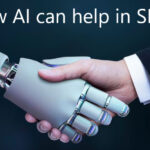
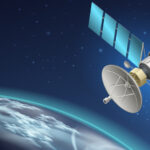
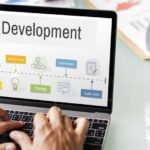
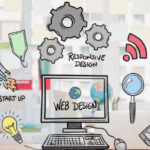


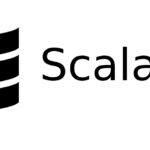
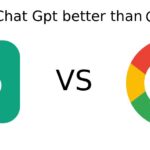

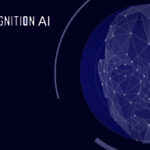
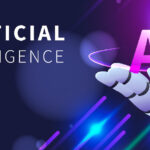


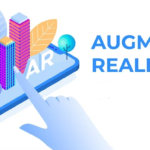
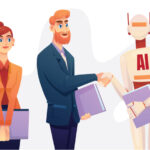
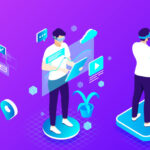

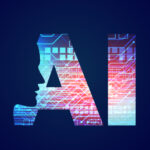
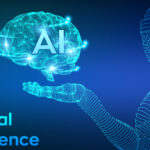


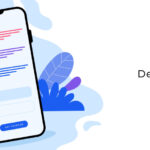

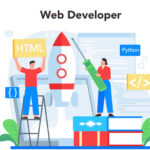







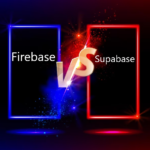
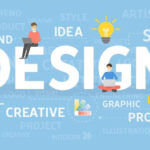




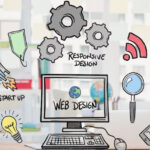
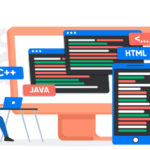
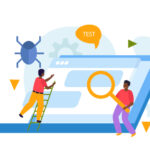




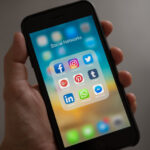
Recent Comments